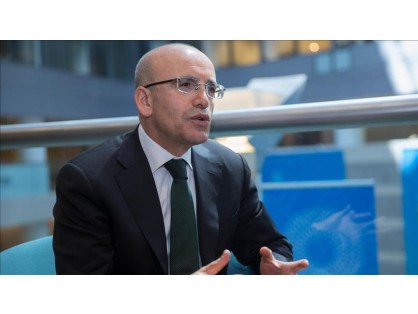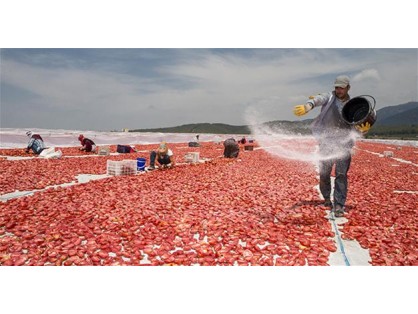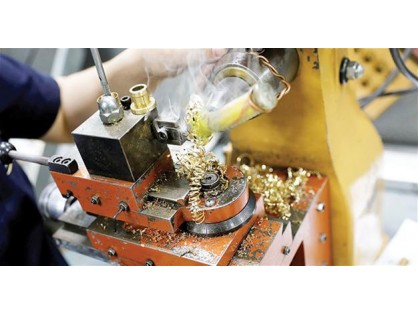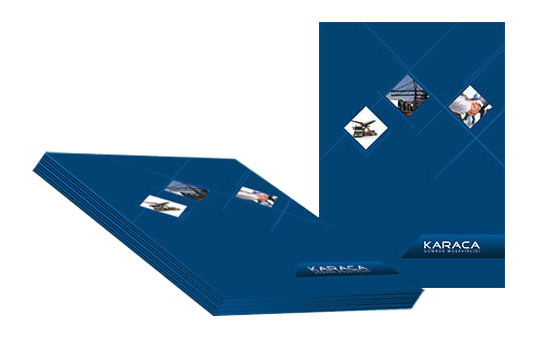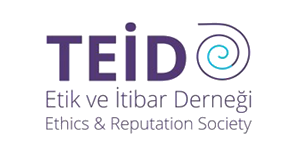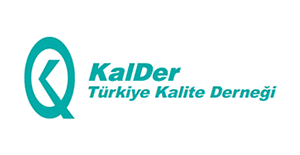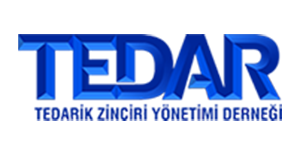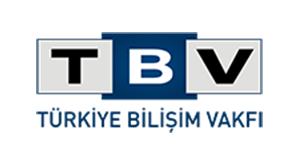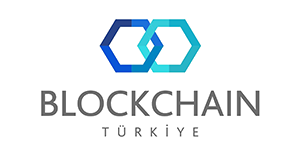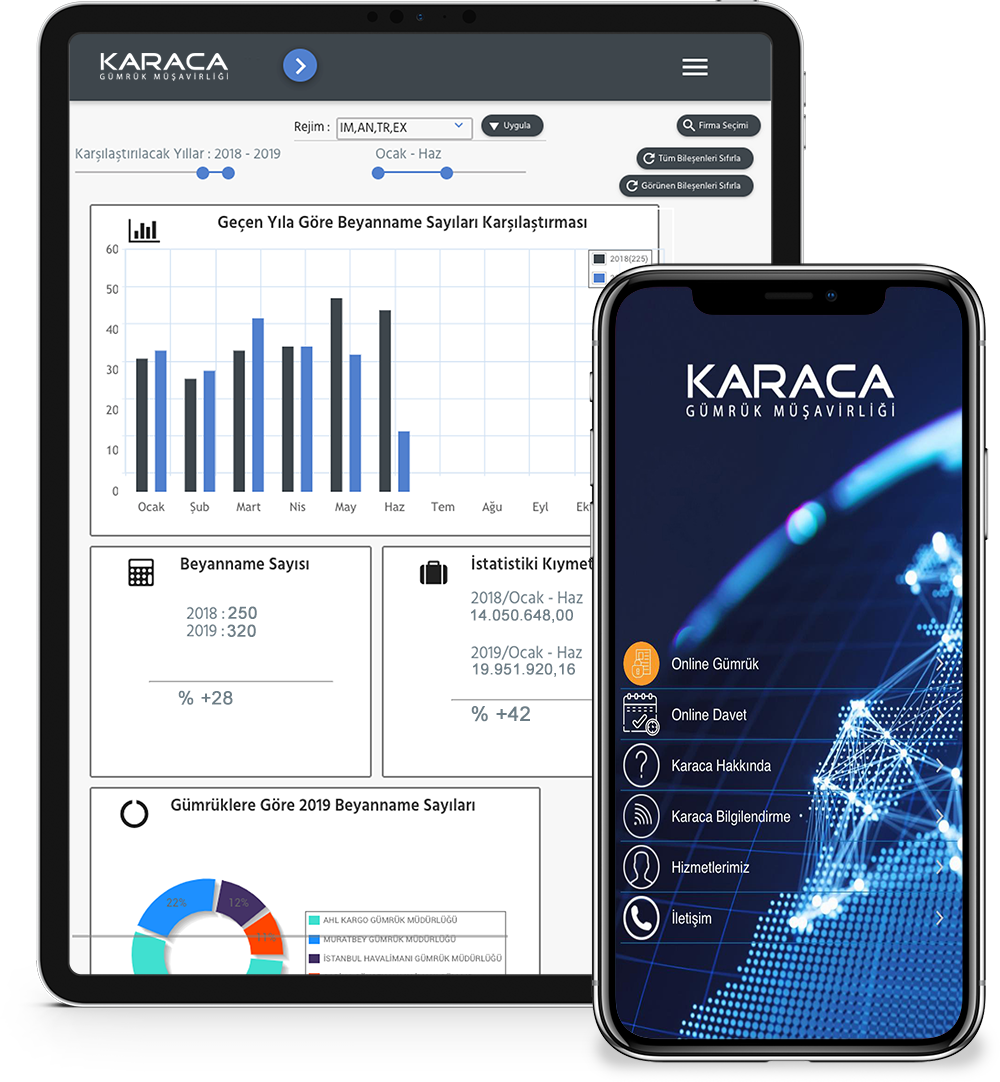Merkezi İstanbul'da yer alan KARACA, kapsamlı hizmetleriyle dikkat çekiyor.
Türkiye'den Dış Ticaret Haberleri
Global investors see Turkish economic reforms as positive, and especially the reform package aimed at improving Turkey's investment climate shines out as first class.
Global investors see Turkish economic reforms as positive, and especially the reform package aimed at improving Turkey's investment climate shines out as first class, Deputy Prime Minister Mehmet Simsek told Anadolu Agency late Friday.
Simsek met with more than 100 global investors as part of the current Spring Meetings of the Boards of Governors of the International Monetary Fund and the World Bank Group in Washington between April 16 and 22.
"We had the chance to discuss Turkey’s economy and reform agenda after presidential and parliamentary elections” set for June 24, Simsek said.
A reform package of over 100 articles -- -- designed by the Coordination Council for the Improvement of the Investment Environment (YOIKK) -- to encourage investment in Turkey was sent to parliament on Jan. 30.
Some 35 articles were approved and published in the Official Gazette on March 10.
The reforms aim to simplify the process of setting up companies, getting construction permits, foreign trade, doing research, and bringing in investments.
Simsek also met with U.S. Treasury Secretary Steven Mnuchin and discussed President Donald Trump's decision to imposing a 25 percent tariff on imported steel and a 10 percent tariff on aluminum.
He gave Mnuchin information on how Turkey has a foreign trade gap in iron and steel production.
Ankara is in touch with the U.S. over its decision to impose tariffs on steel and aluminum imports, Economy Minister Nihat Zeybekci said on April 5.
"We have a $1.2 billion export in the iron and steel sector and $1.3 billion in imports [from the U.S.]. There’s a gap here,” Zeybekci said.
By Gulbin Yildirim
Yasin Öztürk
WASHINGTON
Anadolu Agency
Turkey may need to take reciprocal measures against Russia’s restrictions on imports of tomatoes and other produces, Economy Minister Nihat Zeybekci said on Aug. 9.
Turkey may need to take reciprocal measures against Russia’s restrictions on imports of tomatoes and other produces, Economy Minister Nihat Zeybekci said on Aug. 9. Speaking to businessmen in Ankara, Zeybekci said there were still lingering issues on the export of Turkish tomatoes to Russia, and that restrictions were in place for other vegetables as well. “This may create a need for us to take reciprocal measures,” he said, as quoted by Reuters. Russia banned Turkish tomato imports after Turkey shot down a Russian jet near the Syrian border in 2015. Ties between Ankara and Moscow have largely normalized since although the ban remains in place. On June 2, Russian Prime Minister Dmitry Medvedev signed a decree lifting the ban on some agricultural produce and Turkish companies involved in construction, engineering and tourism in the aftermath of the downing of a Russian fighter jet in 2015. Following the lifting of the sanctions, only two restrictions are left for Ankara, the issue of visa-free travel for Turkish citizens and tomatoes. Consultations on the seasonal admission of Turkish tomatoes to the Russian market will continue during the summer, said Dvorkovich.
Daily news
Turkey’s industrial production advanced 3.4 percent in June 2017 compared to the same month last year, the Turkish Statistical Institute (TÜİK) announced on Aug. 8.
Turkey’s industrial production advanced 3.4 percent in June 2017 compared to the same month last year, the Turkish Statistical Institute (TÜİK) announced on Aug. 8. Turkey’s industrial output is deemed a vital indicator for the economy as it is seen as a preliminary gauge for GDP growth. On an annual basis, the manufacturing index saw the biggest rise in June, up 3.8 percent, among all three main sub-indices, TÜİK said. In the same period, the electricity, gas, steam, and air-conditioning supply index also increased by 2.5 percent while the mining and quarrying index decreased by 0.5 percent. Meanwhile, the country’s industrial production declined by 0.4 percent in June on a monthly basis, TÜİK noted. In June, the mining and quarrying index rose by 1.2 percent while the electricity, gas, steam, air-conditioning supply, and manufacturing indices fell by 0.6 percent and 0.5 percent, respectively.
ANKARA - Anadolu Agency
